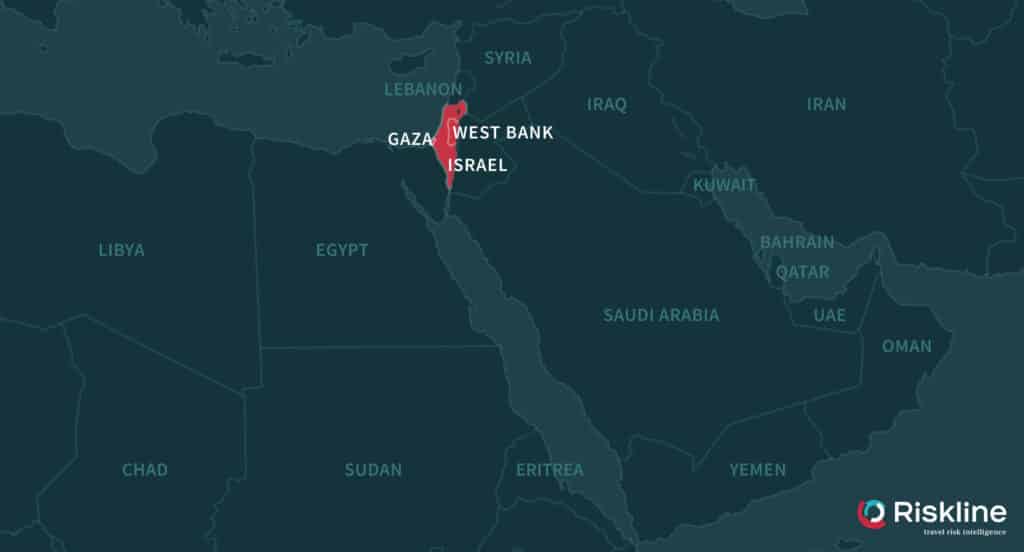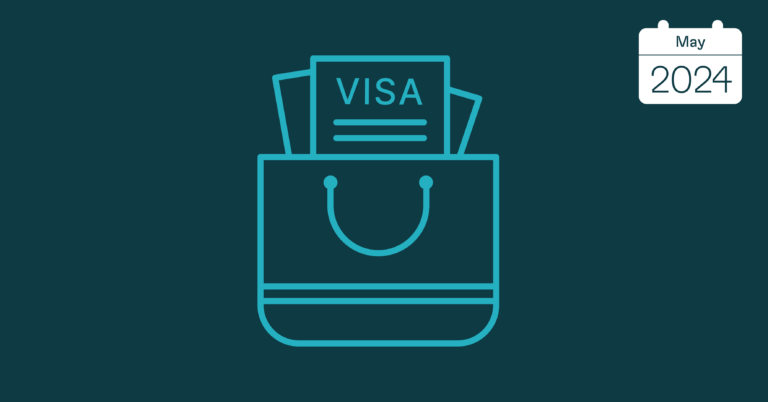On 28 January, United States (US) President Donald Trump and Israeli Prime Minister Benjamin Netanyahu produced the long-awaited “Deal of the Century” agreement to “end” the Israeli-Palestinian conflict. The deal, titled “Peace to Prosperity,” is hugely unpopular across the Middle East as it recognises Israel’s sovereignty over annexed land in much of the West Bank and Jordan Valley while demanding that Palestinians give up their internationally recognised right of return, recognise Israel as a Jewish state with all of Jerusalem as its capital and establish their own state — which the US and Israel did not commit to recognising in writing — in the disconnected parcels of unoccupied lands remaining in the West Bank and Gaza, where Israeli security forces will maintain presence and control. In return, the Palestinians are supposed to receive US$50 billion in investment funds over the next 10 years from unnamed Arab countries.
Palestinian leaders rejected the deal and are boycotting the process, in an apparent effort to run out the clock on President Trump’s first term in office, in the hopes that a Democract will win the 2020 presidential election and kill the deal. But US officials have threatened to move ahead with the annexations within the coming months if the Palestinians do not return to the negotiating table.
Despite a significant uptick in unrest in Israel and the West Bank and Gaza in recent years, the issue is unlikely to impact the safety of Western nationals or assets elsewhere in the region because it has lost much of its power to mobilise the masses, who are consumed by their own struggles to survive amid a rise in social injustice and corruption in their respective countries. This struggle has continued since the Arab Spring revolts of 2011, which quickly turned into civil and international proxy wars in Syria, Yemen and Libya and led to the rise of a military government in Egypt. These developments drew attention away from the Palestinian cause.
Other factors with an impact on mobilisation that cannot be overstated include the fact that Arab governments across the board have developed strong economic and military ties to the US since the 1970s, which outweigh the political importance of domestic public opinion to them. Even the Palestinian Authority (PA), despite its repeated threats to end security operation with the US and Israel over the “Deal of the Century,” has not done so and is unlikely to do so given the reality that its rival, Hamas, would immediately take advantage of the situation to the PA’s loss of power and privilege. The US, Israel and multiple Arab countries also now share a common foe that they did not in the 1970s: Iran.
In response to the deal, Egyptian officials called for “careful study” of its terms, while Saudi officials called for dialogue. Emirati, Bahraini and Omani officials, on the other hand, attended the conference in which the agreement was unveiled whileTunisia reportedly fired its ambassador to the United Nations (UN) for being overly critical of the deal in public out of its concern for its relationship with the US. The strongest condemnation by far came from Jordan, whose Prime Minister, Omar Razzazz, said that if the deal goes ahead, it could put his country’s relations with Israel in “deep freeze mode.” Qatar, Morocco and Algeria followed close behind with short written statements, thanking the US for its efforts to mediate but reiterating their support to Palestinian rights to East Jerusalem and 1967 borders.
Although these muted objections from Arab leaders are not necessarily shared by their people, they have been able to manage public interest and awareness of the issue because local mediaunder government control have considerably decreased the air time given the to Palestinian cause. The Arab countries with the most active protest scenes — Tunisia, Morocco, Sudan, Lebanon, Jordan, Iraq, Bahrain and Algeria — are focused primarily on domestic issues despite occasional manifestations of anti-Israel and anti-US sentiment. Palestine is no longer a priority, and many Arab governments have become so fearful of protests since 2011 they are reluctant to even allow stage-managed anti-Israel demonstrations to take place, lest they turn into airings of local grievances. The risk of arrest, harassment and harm remains high for participants. As a result, protests over the issue in these countries are likely to continue to be small and sporadic.
But while future public responses to the “Deal of the Century” may continue to be lukewarm across the region, a violent response from terror groups such the Islamic State and al-Qaeda is possible. On 27 January, the Islamic State issued a statement urging supporters to make Israel the main target of their attacks and al-Qaeda’s leader, Ayman al-Zawahiri, is continuing to use these developments in the Arab-Israeli conflict as a tool to radicalise and recruit youths across the Middle East.
That being said, given the already high state of security preparedness for attacks across the region, these renewed threats are not likely to result in long-term official policy changes, inside or outside of the Arab world. The rise in anti-US sentiment will, in short, be predominantly expressed on social media, with a smattering of public protests in countries like Jordan, Lebanon and Algeria, which will have little to no medium- or long-term effects on services (or travel).















